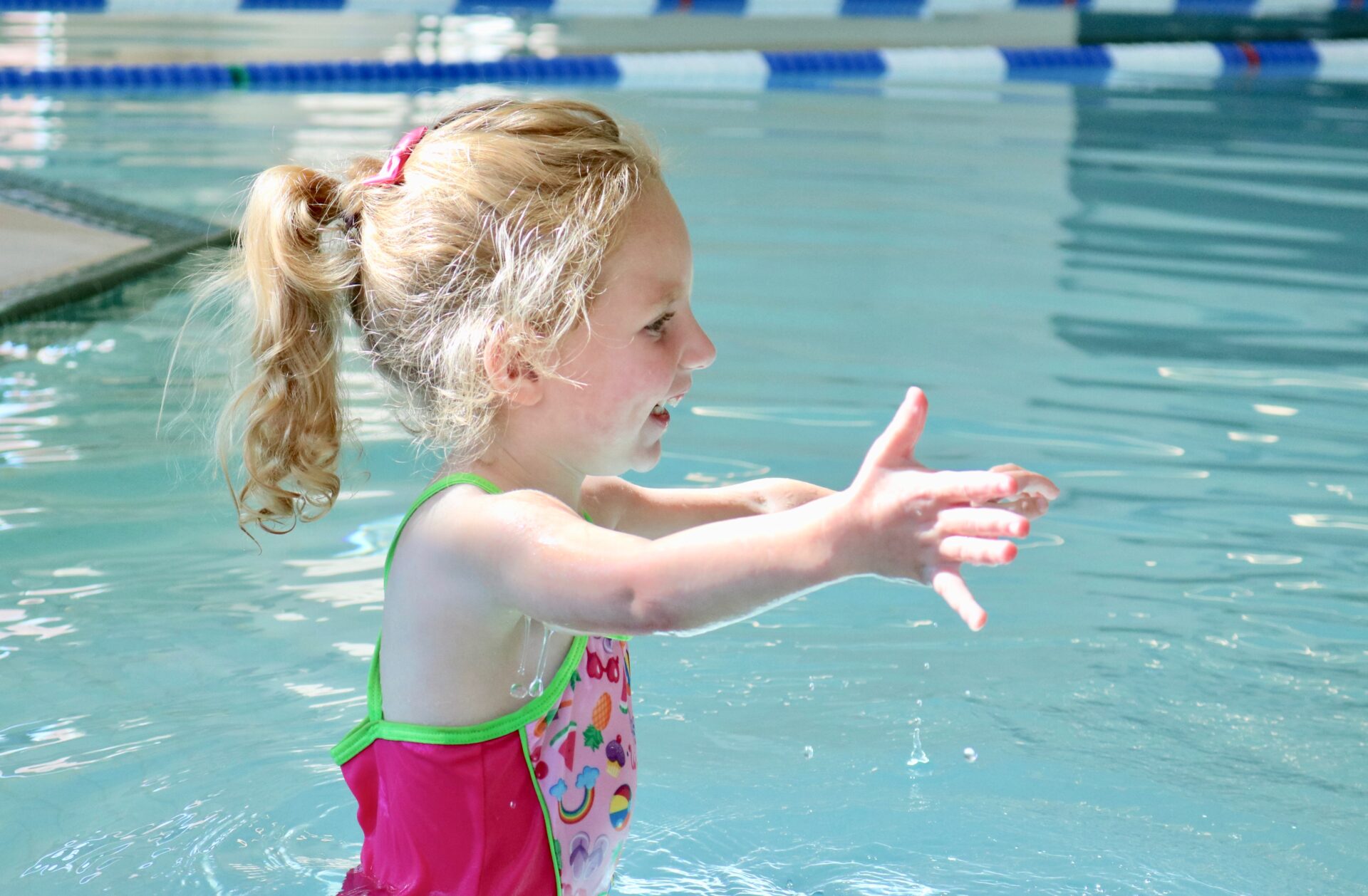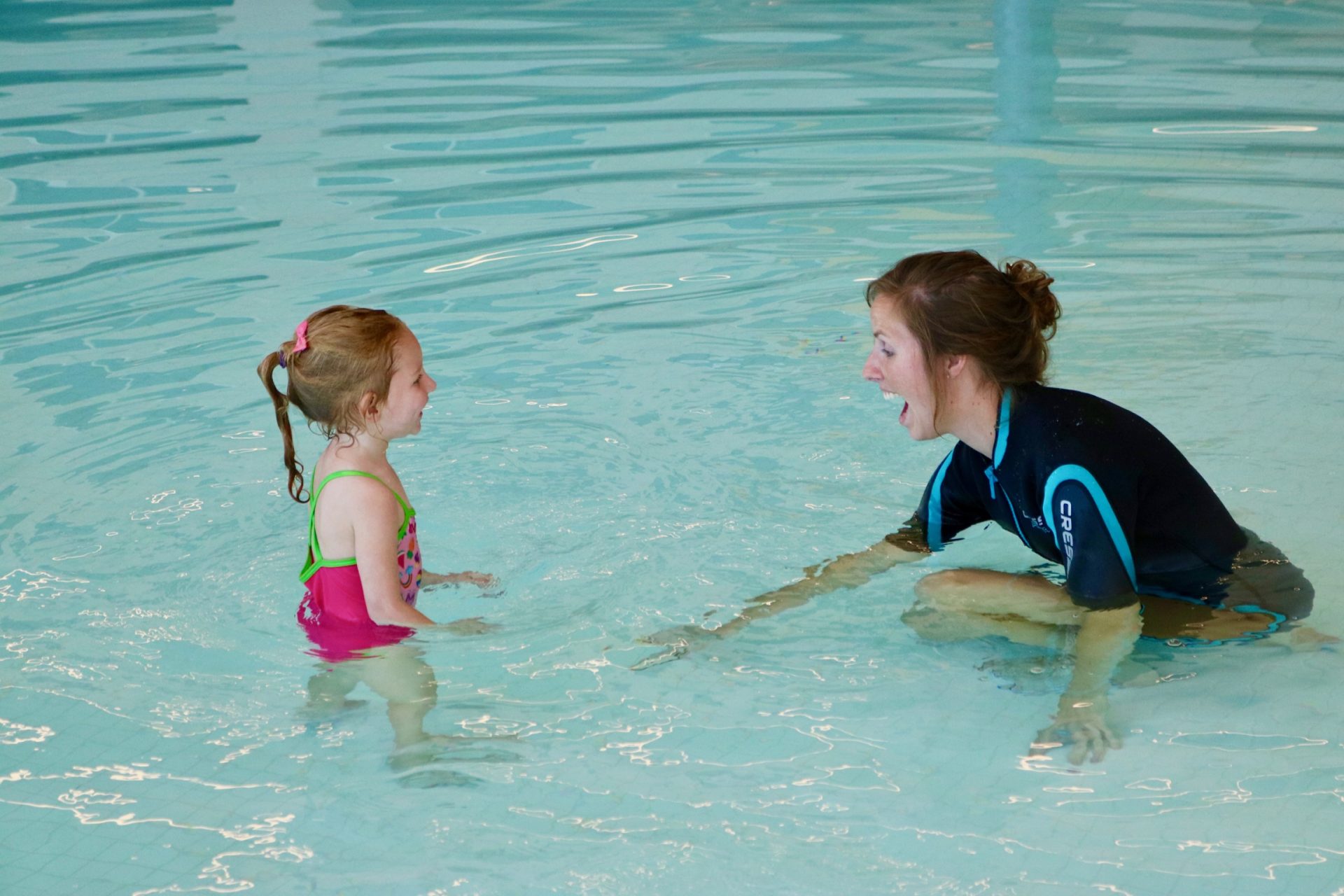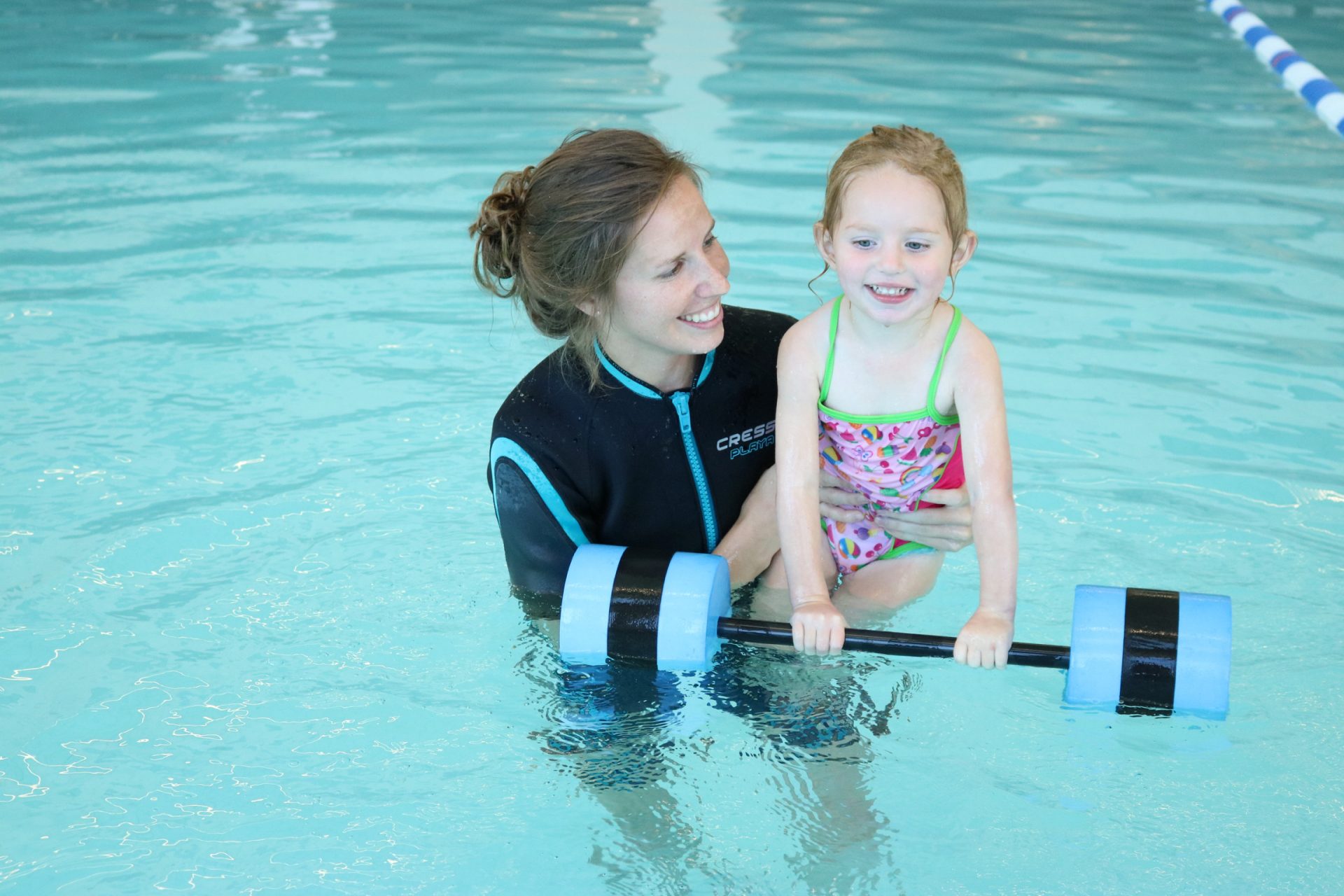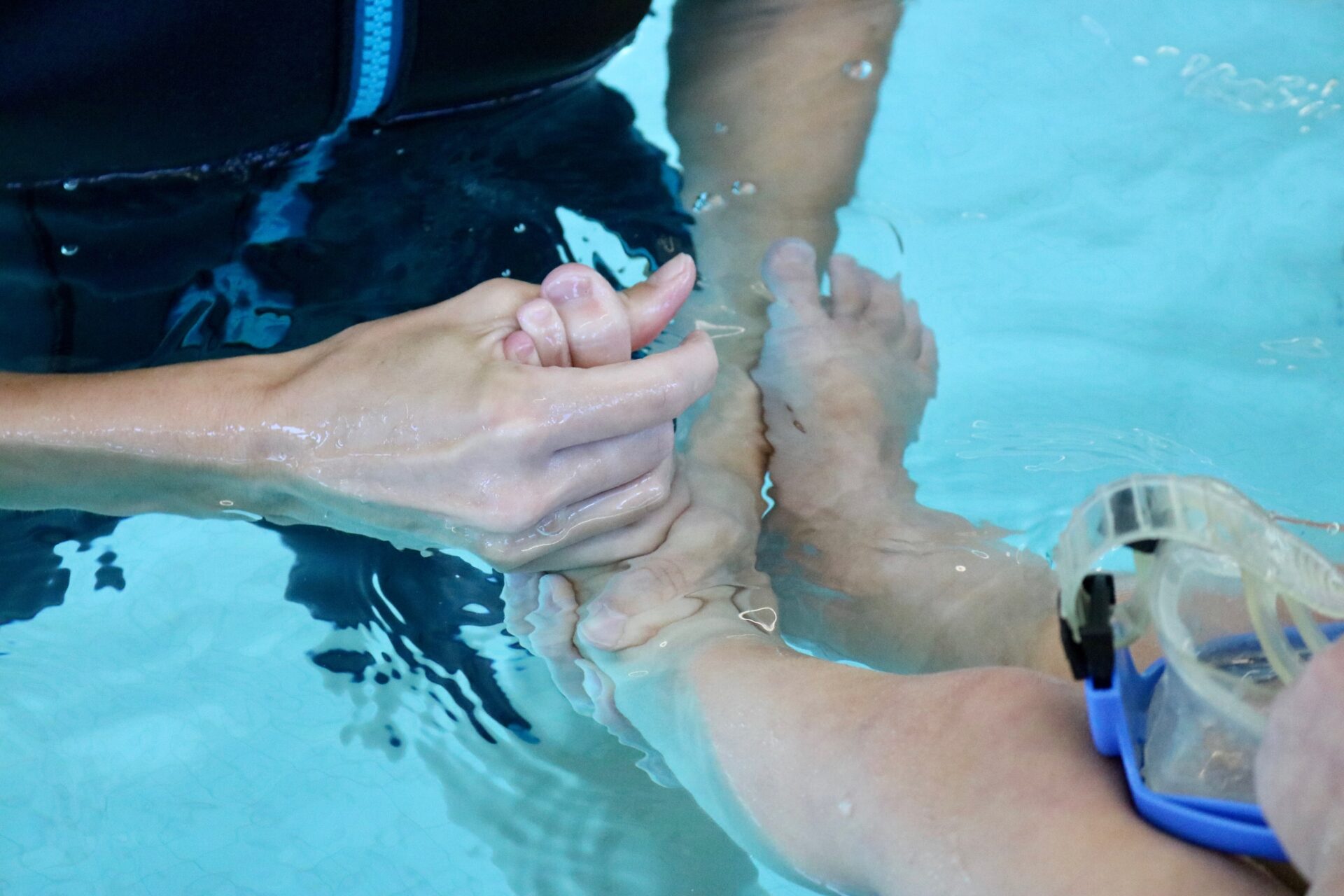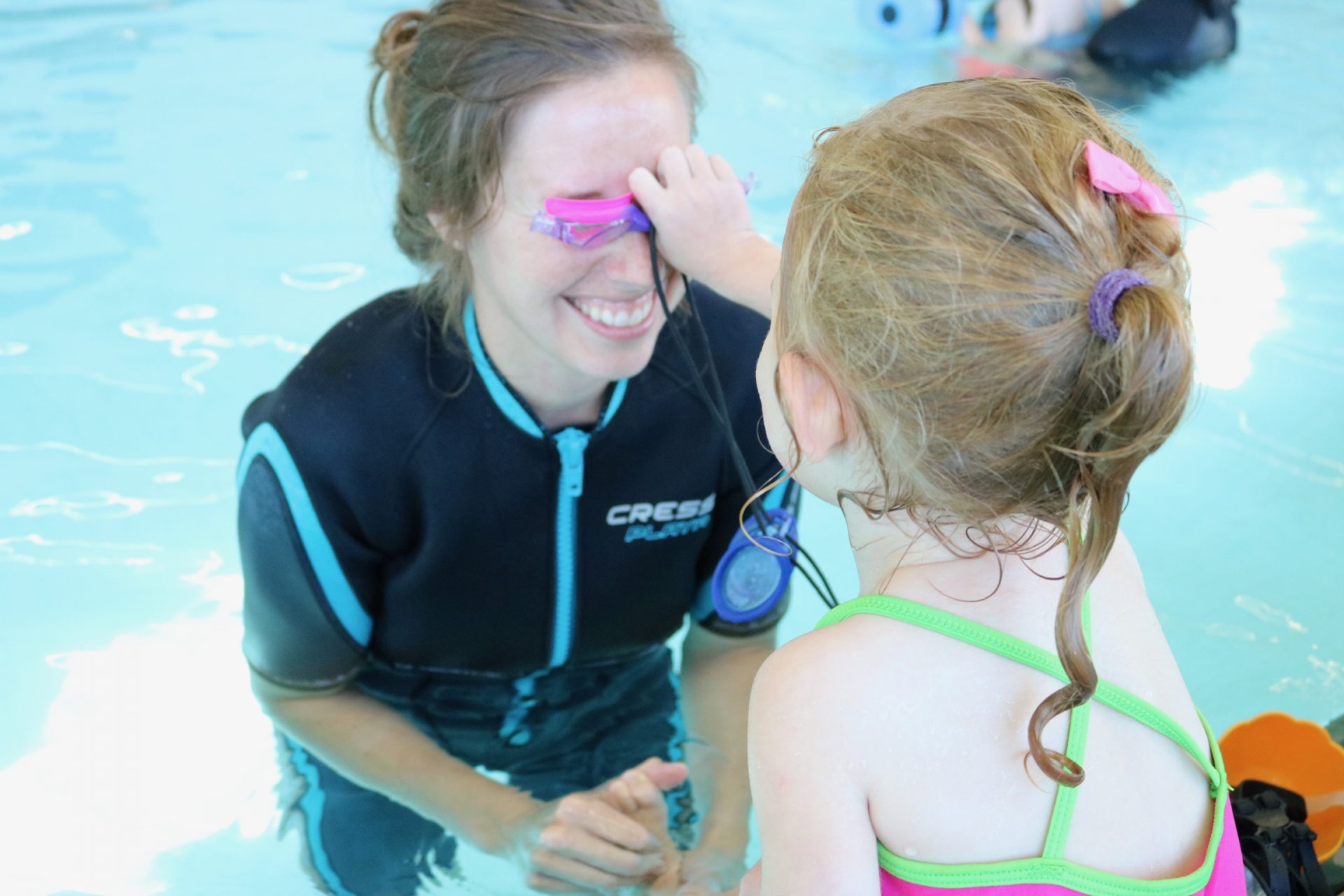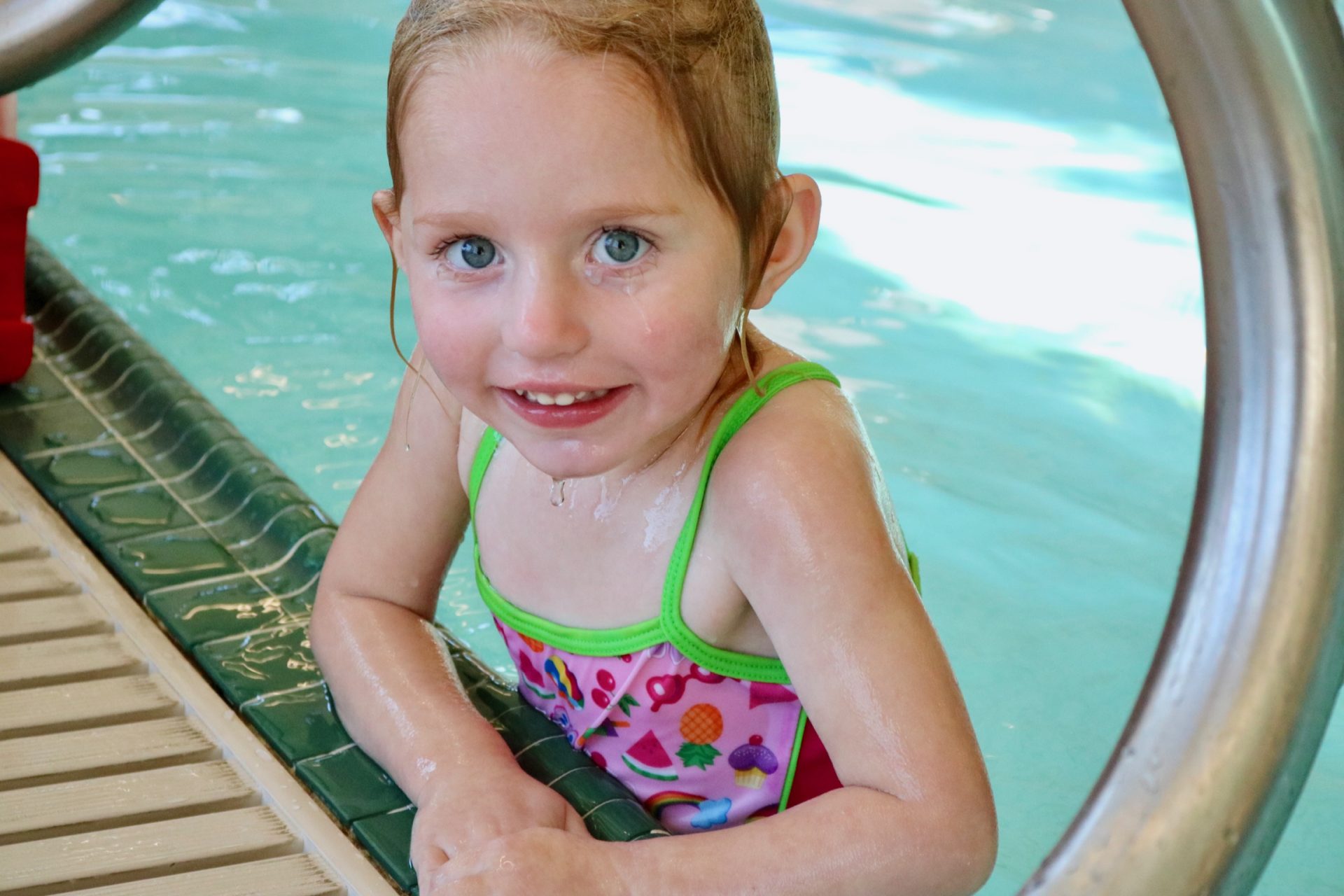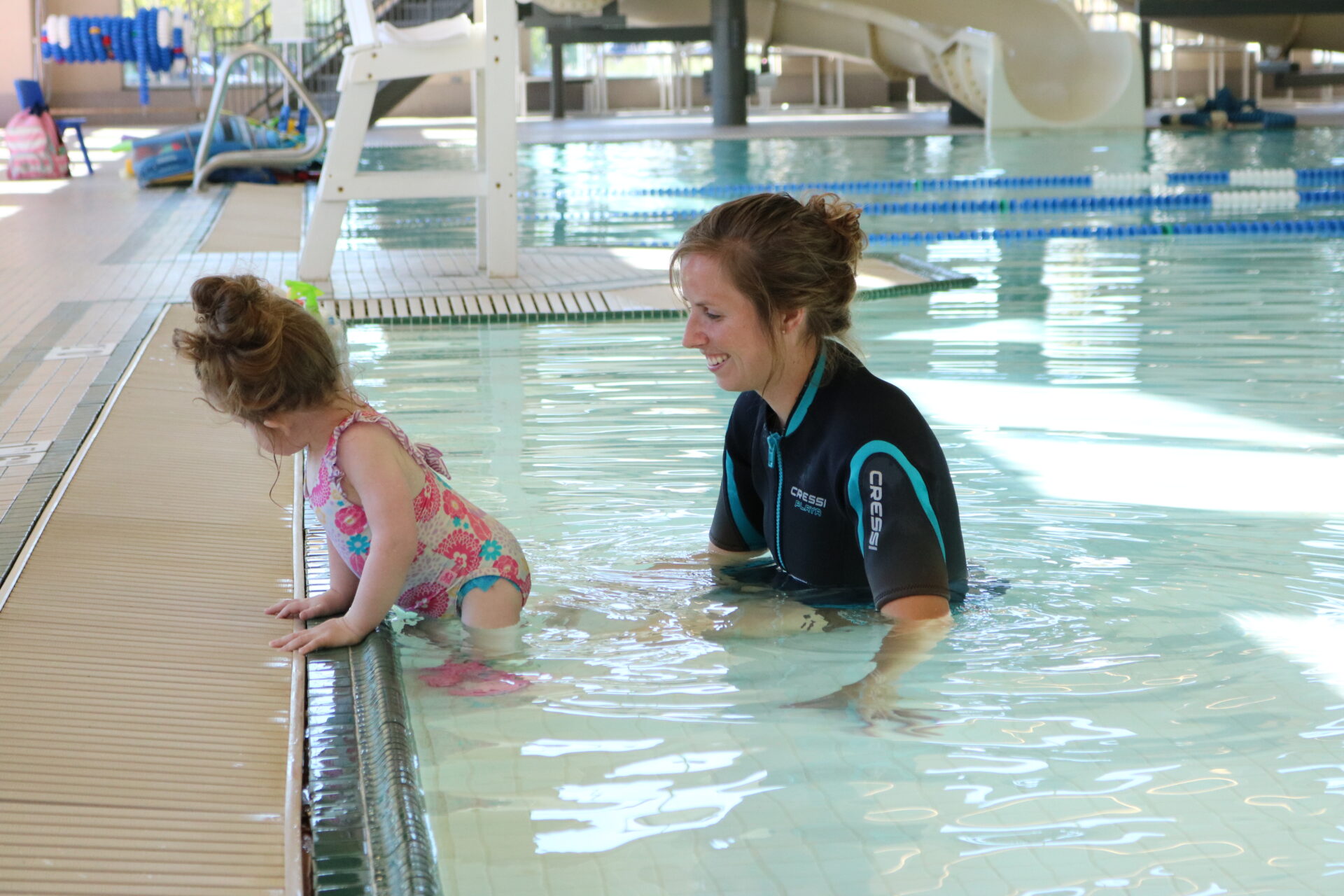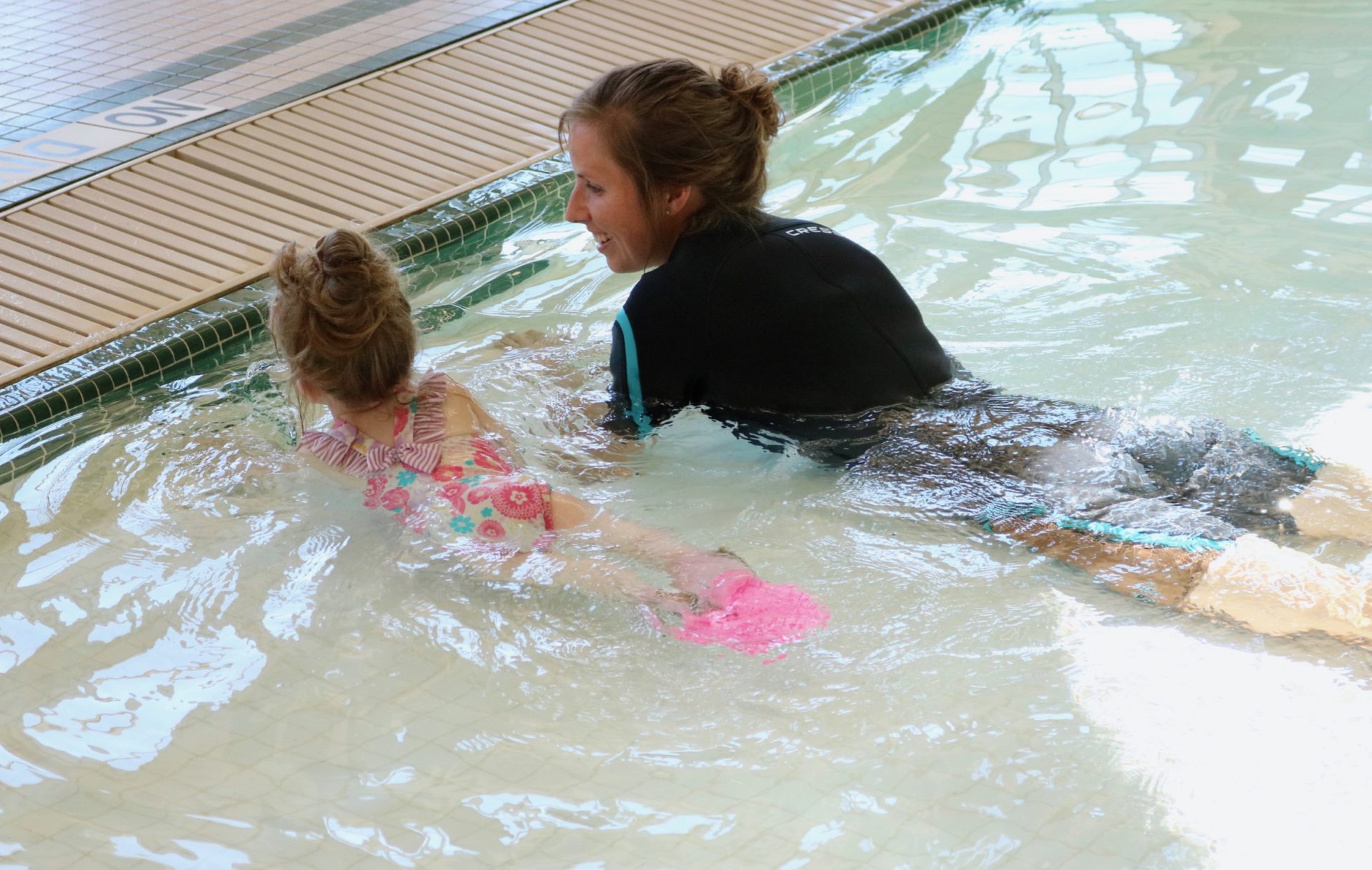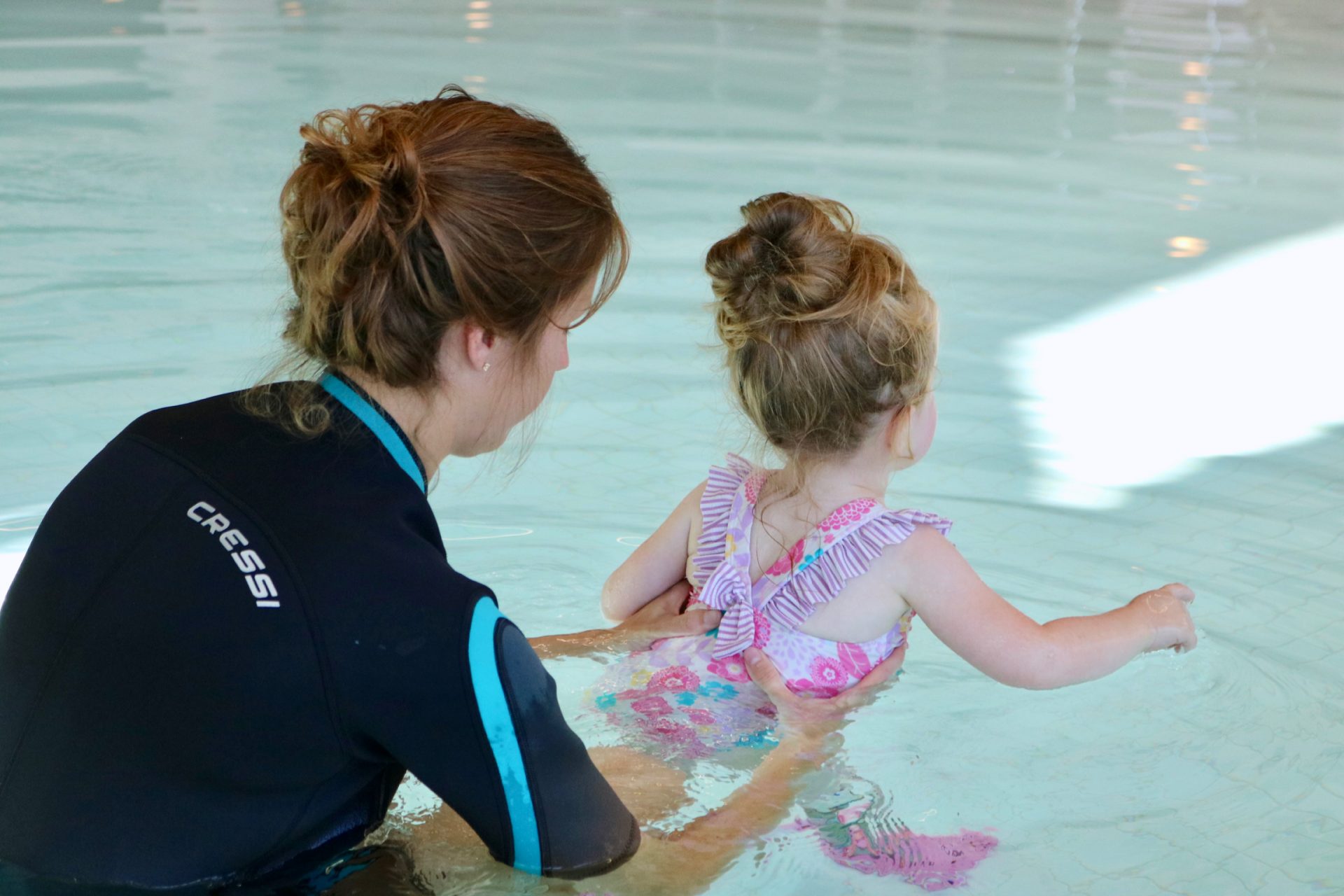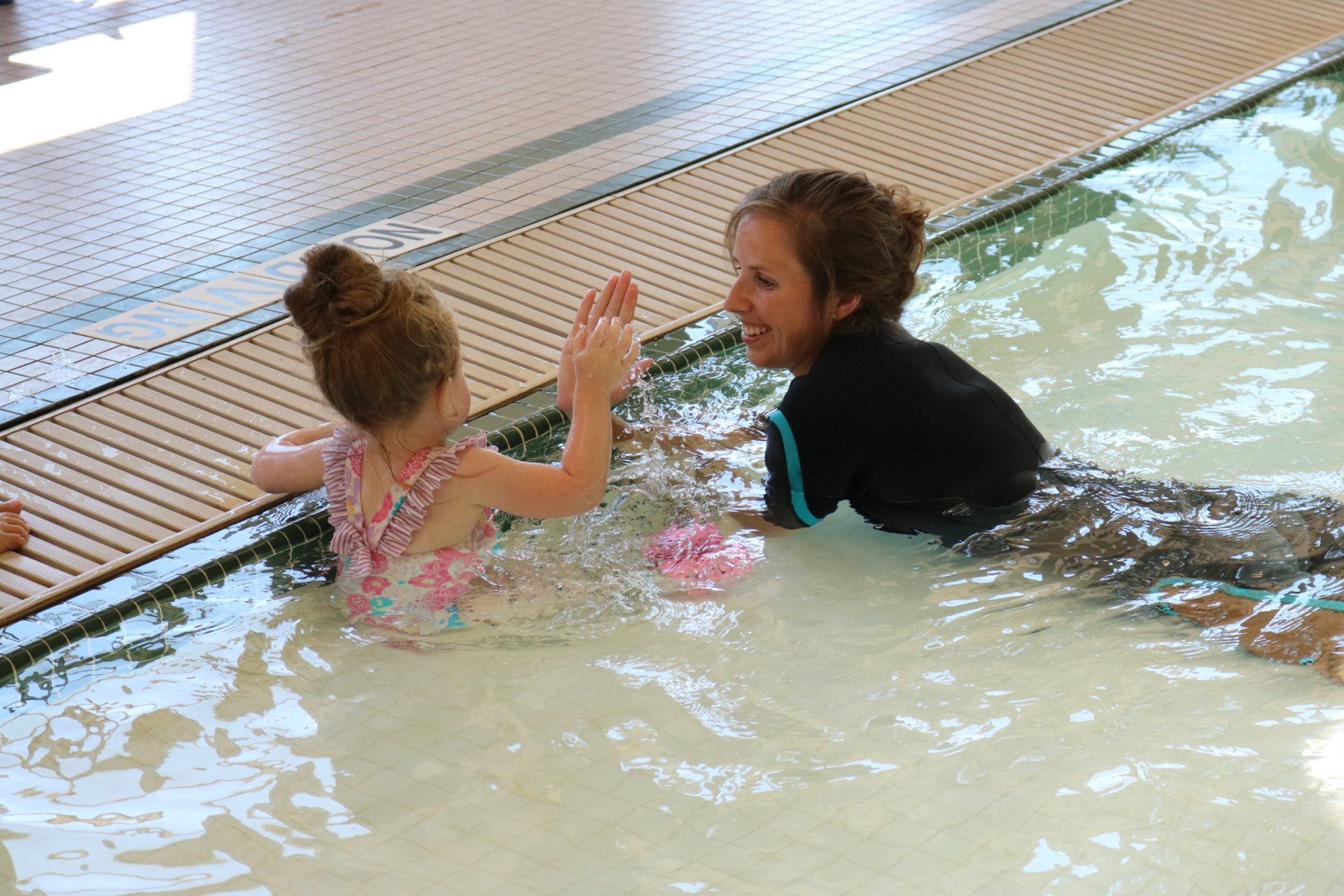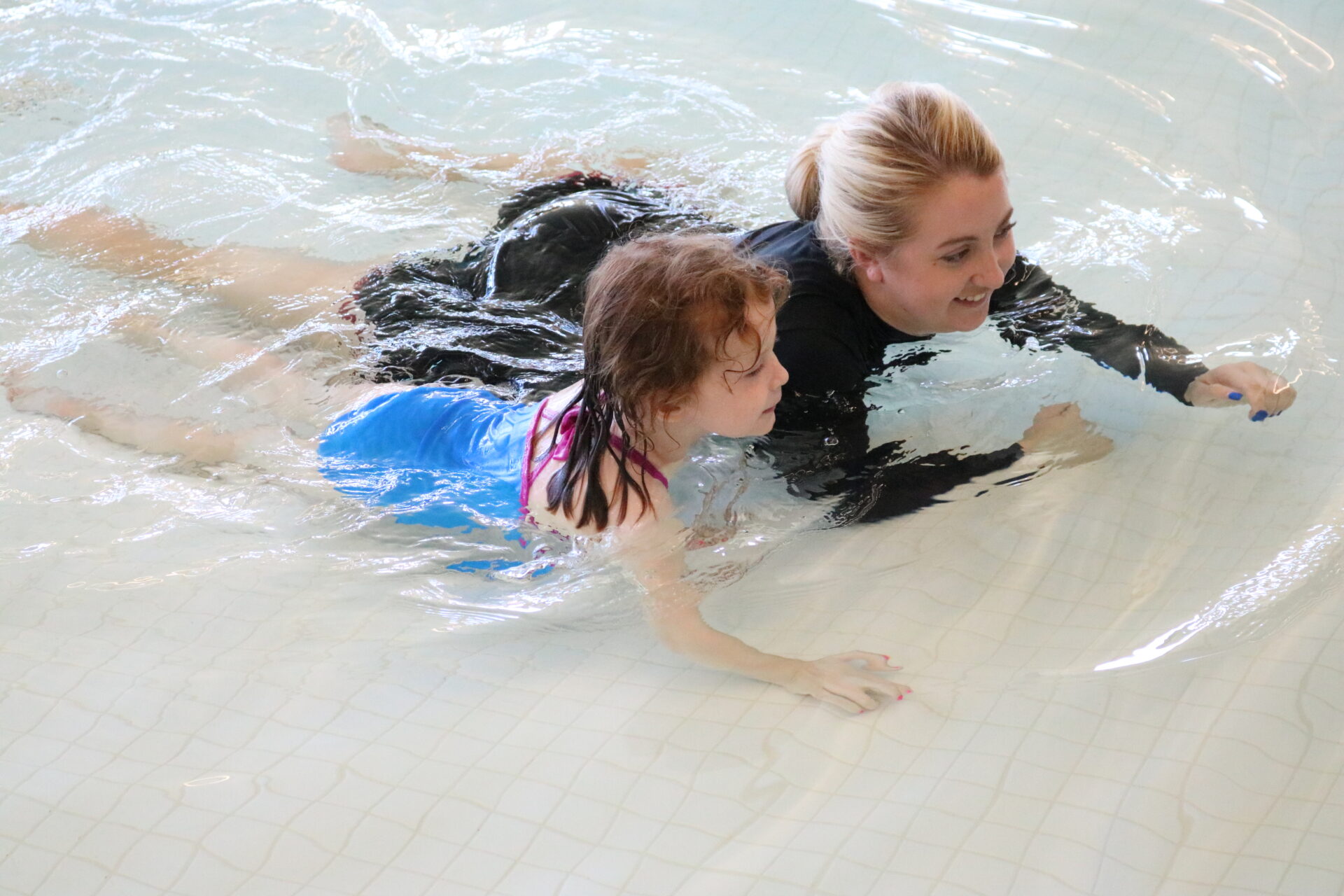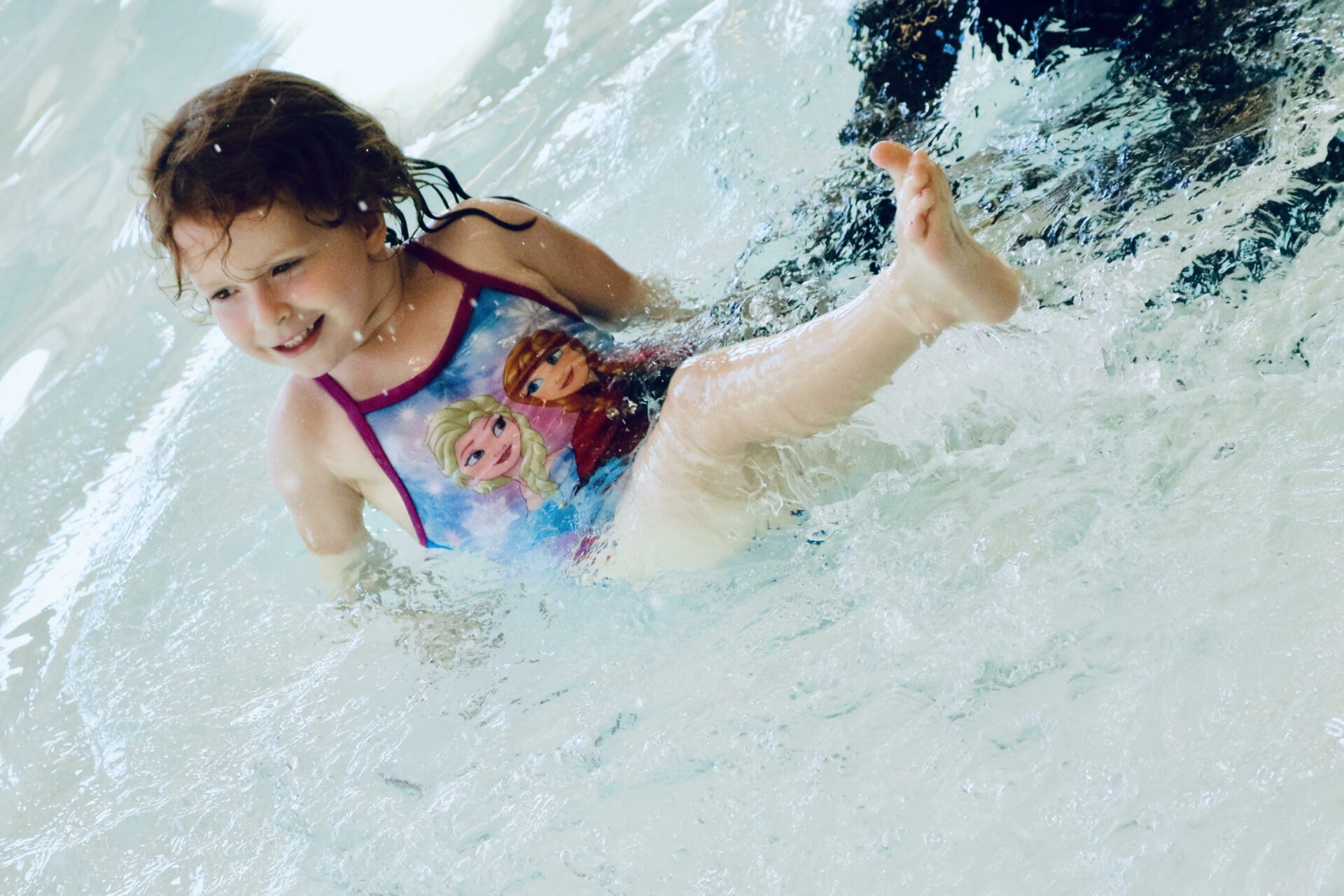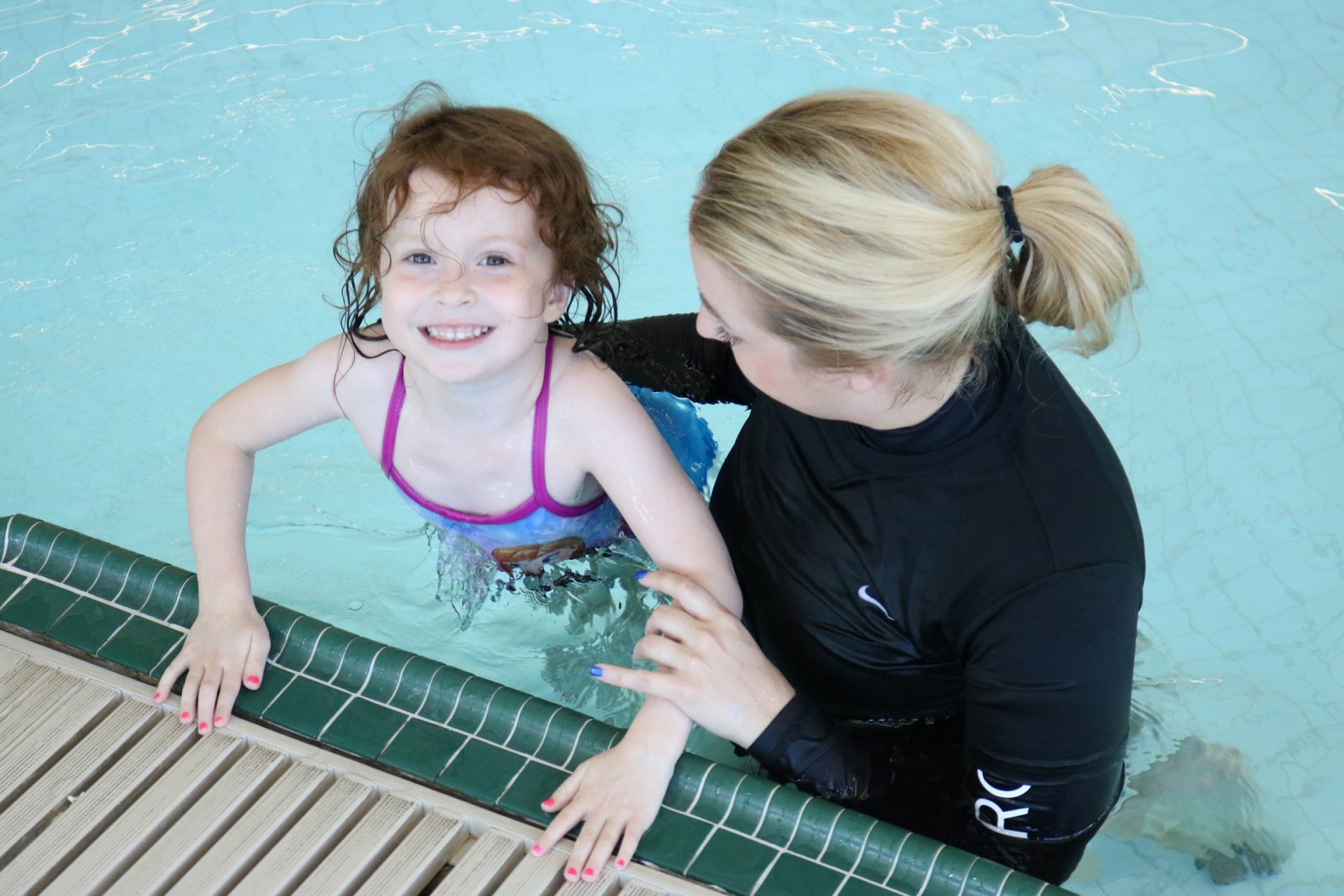Winter Swimming
Shake Off Winter Blues in the Pool!
Consider your local pool or aquatic park this winter for all it’s amazing benefits!
Welcome winter and all it’s fun activities like ice skating, sledding and SWIMMING! The joy of swimming doesn’t have to end when winter begins. Indoor pools are the ultimate good mood booster along with so many other benefits! Open swim, swim lessons, aqua therapy and aquatic parks are amazing ways to get some exercise and a splash of the summer feels during the cold winter months.
Winter swimming has even more benefits than summer! Here are some cool pool perks!
- Playing in the water makes us happy! Water is a natural anti-depressent. Prevent “SAD” (seasonal affective disorder), a common syndrome in the winter months. Water submersion stimulates our sensory system, exercise releases endorphins and decreases anxiety.
- Master those swim skills! Practicing safety and swimming skills in the winter months will improve skills over the summer. Motor planning for treading water, breath control, floating and swimming takes practice. Those skills are lost during the winter months and need to be reintroduced for water safety and proficiency.
- Create joyful memories! The family that plays together stays together! Exercising with family is not only fun but promotes a healthy lifestyle for your children to follow as they grow older. Promote year long family fitness and a lifelong healthy lifestyle.
- Water is magic! Water play improves mobility, flexibility, balance, coordination, strength, posture, spatial awareness, endurance, circulation, attention, sensory motor integration and confidence. It decreases pain, muscle spasms, abnormal tone, rigidity, joint compression and stress.
Concerns of increased illness from winter swimming are common. Check out these pool facts that address common miconceptions of winter swimming.
- Only a virus can cause a cold or flu. Viruses are more common in winter months from school and being indoors. Any indoor activity during the winter months increases the chances of catching a virus.
- Risk of illness is greatly reduced from a properly maintained pool.
- Illinois Department of Health enforces rules and regulations for water quality in public pools.
- Several studies have shown that wet hair along with cold exposure has not been linked to increase illness.
- Indoor pool water temperatures must be kept at 77-84 degrees and warm water pools are between 86-92 degrees for safety all year long.
- Prevent chills or risk of hypothermia by drying off properly, wearing a hat, and dressing appropriately for the cold weather after a fun winter day at the pool!
Aqua Therapy is a great way to get started with a life long love of the water in a safe and accepting environment. Ask your pediatric therapist how aqua therapy can benefit your child! https://bdiplayhouse.com/aquatic-therapy/
Written By: Dana Bukala, PTA

